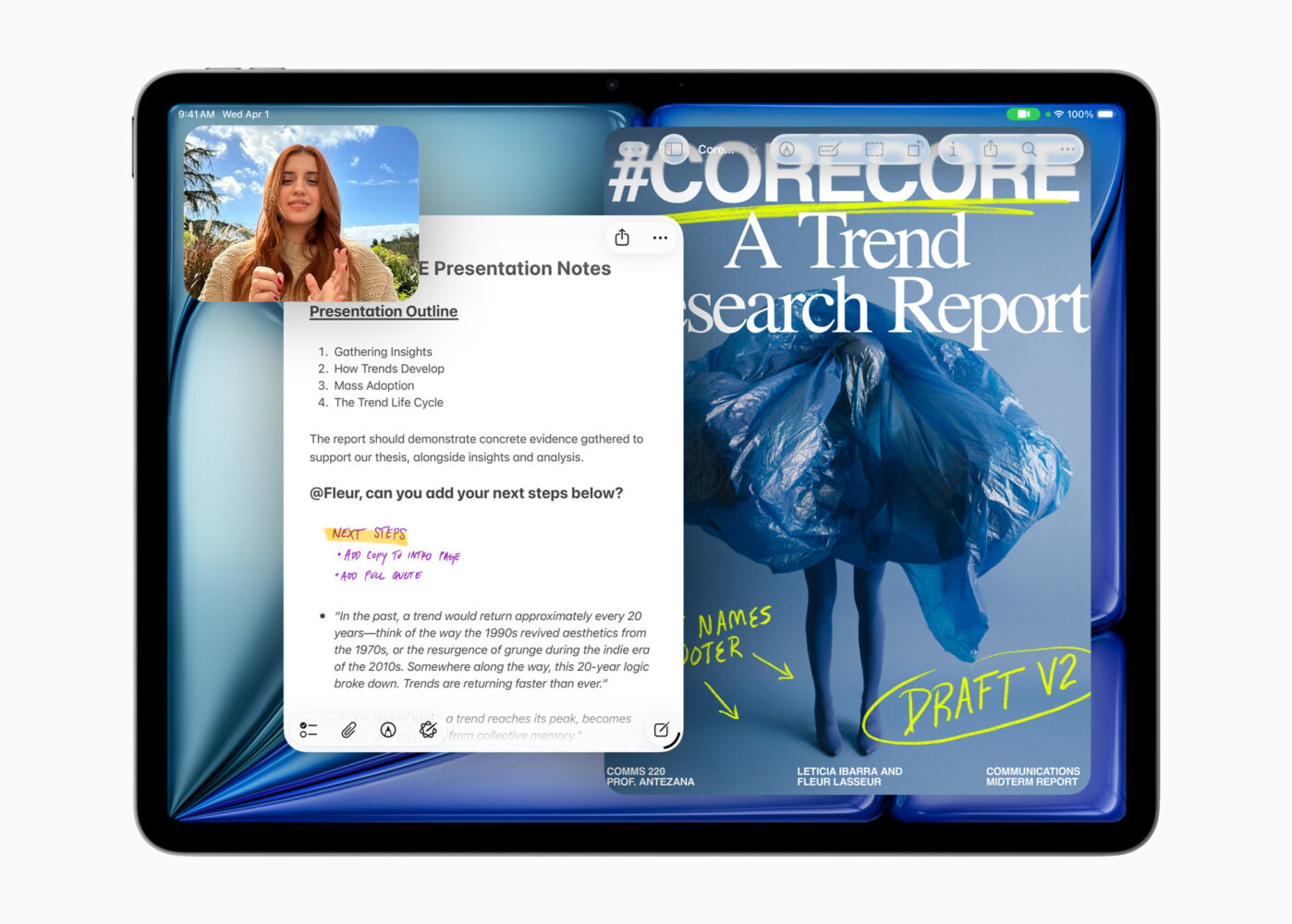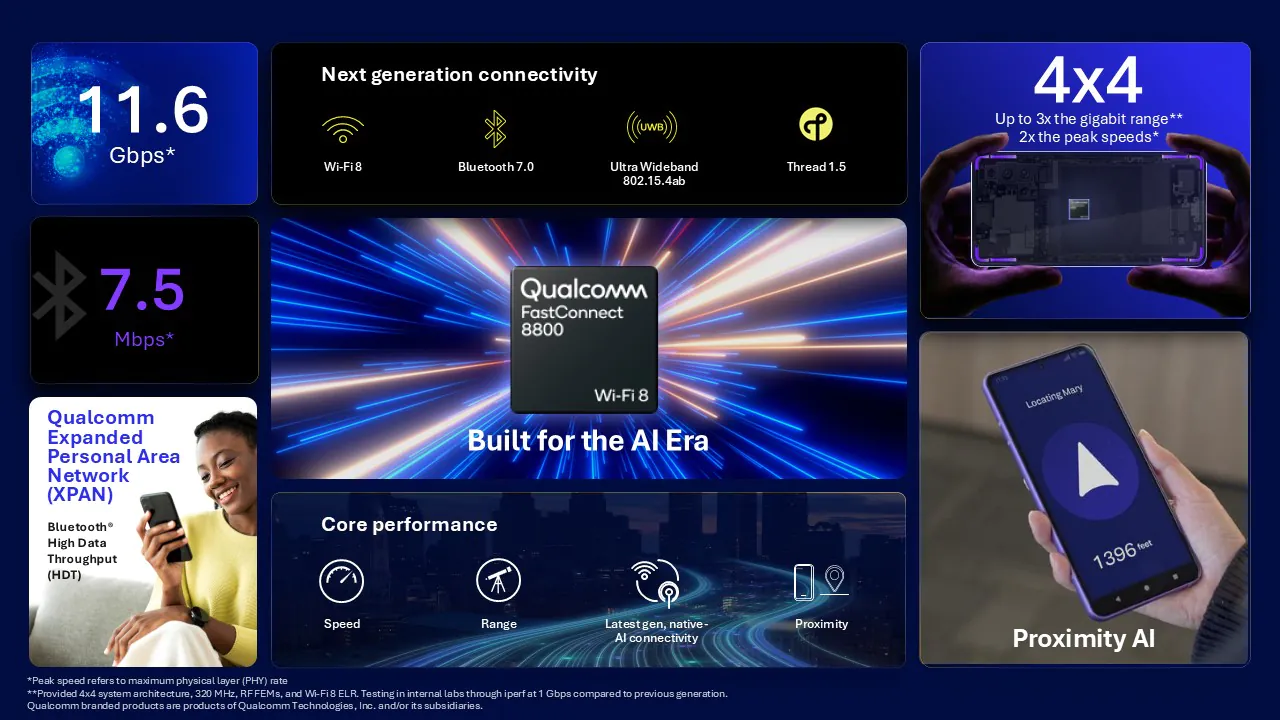nstagram is rolling out a new student-only feature called Schools on Instagram, reviving the kind of closed, campus-focused social networking that defined Facebook in its earliest days. The tool, launched at the start of the new academic year, creates a private space where college students can connect with classmates and peers after verifying their enrollment.
Access is tied to UNiDAYS, a platform already familiar to many students for confirming eligibility for discounts on tech and streaming services. Once verified, students can add their school to their Instagram profile through a customizable banner that can be shown publicly, kept private, or shared only with classmates and mutual connections.
The feature includes a school directory where students can browse or search for others by name, class year, or other filters. Instagram is pitching this as a way to make meeting peers easier, particularly for incoming students trying to build networks. Functionally, though, it’s hard not to notice the resemblance to early Facebook, which started as a digital yearbook that helped students track down classmates — or crushes — across campus.
Meta’s move also comes just a week after TikTok announced its own UNiDAYS-powered Campus Verification program, which similarly aims to create more student-specific spaces within the platform. That puts Instagram’s Schools initiative in the unusual position of copying a rival that was itself borrowing from Facebook’s old playbook.
The strategy reflects a broader shift in how major platforms are re-engaging with students. After years of chasing global audiences, they’re circling back to more curated, limited-access features that attempt to restore a sense of exclusivity and trust. For Instagram, which has long battled concerns about online safety and authenticity, leaning on third-party verification is also a way to add an extra layer of credibility to student interactions.
Whether Schools on Instagram will stick remains to be seen. Students are already juggling group chats, Discord servers, and other apps that often handle community-building more dynamically. But as Meta continues to borrow ideas from competitors, this experiment in campus-centric networking suggests that the company is betting nostalgia for the early days of social media might still have value.







